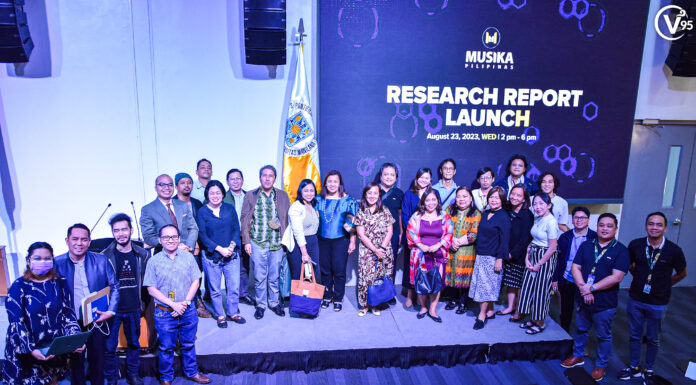 FOR THE past two years, our daily conversations were graced by the words “level-up,” “pick-up line,” “fish kill,” “trending,” and even by the odd yet comical Tagalog terms pagpag (food scrap), palusot (alibi), and wagas (eternal). And who wouldn’t forget the terms “SALN” and “impeachment” which became the word(s) of the mouth during the impeachment of ousted chief justice Renato Corona?
FOR THE past two years, our daily conversations were graced by the words “level-up,” “pick-up line,” “fish kill,” “trending,” and even by the odd yet comical Tagalog terms pagpag (food scrap), palusot (alibi), and wagas (eternal). And who wouldn’t forget the terms “SALN” and “impeachment” which became the word(s) of the mouth during the impeachment of ousted chief justice Renato Corona?
But lo and behold, it’s that onomatopoeic term for the sound of a vehicle siren that was hailed the word of the year: “Wang-wang”!
The Filipinas Institute of Transition, organizer of the biannual search for “Salita ng Taon,” recently chose wang-wang as the most exceptional word of the year during the Sawikaan 2012 after stringent screening and evaluation of about 50 entries.
According to David Michael San Juan, Filipino instructor at De La Salle University and presenter of the winning entry, wang-wang—which was popularized by President Aquino in his State of the Nation Address—is a reminder of the socio-economic and socio-political discourses enveloping the nation, which are important elements of democracy.
Just like the way we get alarmed whenever we hear the sound of a siren, wang-wang, which is yet to be included in the Filipino dictionary, has filled the missing Filipino term for resiliency and vigilance to issues each citizen must be accustomed with.
The President has been unrelenting to his anti-wang-wang crusade in addressing atrocious practices of self-entitlement and self-glorification of his subordinates in government. But in our part as citizens, have we truly become watchful to confront and resolve our personal misconducts?
Unfortunately, some of us tend to exhibit passiveness when it comes to societal issues confronting us. Some simply follow what the majority has decided, while some don’t care at all. Some react viciously whenever their personal flaws are brought up, while some don’t care at all.
Caring not at all perhaps has become their safest response to these concerns, which they have chosen not to be concerned at all. Their public apathy is very glaring, almost as noisome as wang-wang.
Yet it’s strange and woeful to learn that some of them are more interested to what happened to their favorite protagonist in their much-awaited telenovela and more updated to showbiz news than the ongoing dispute between the Philippines and China over the Scarborough shoal.
As such, they resort to pointing fingers to government officials whenever and whatever uneasiness comes along their way, and deeming them the primary cause of their anxieties.
With the escalating issues challenging our nation, it is only imperative that we involve ourselves in finding ways to make them subside. Collective efforts among citizens and the government must be pursued in order to create a prudent and progressive country.
As San Juan concluded his paper, he said: “Ililigtas tayo ng salitang wang-wang sa luma nating sakit: ang pagsasawalang-bahala sa mga usaping pambayan at ang pagkalimot sa ating mga tungkulin bilang mamamayan ng bansang Pilipinas.”
I just hope the next time we encounter the word wang-wang, we will perceive it not as an irksome noice, but as a social responsibility each one of us must fulfill.
















